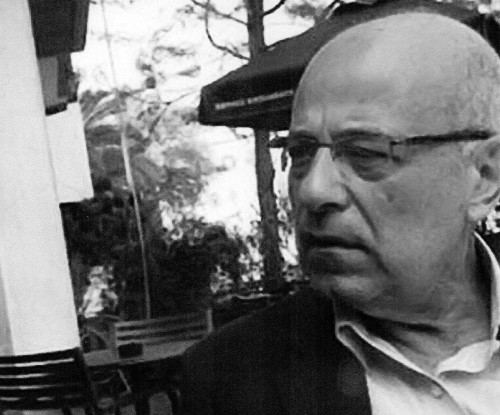-
Add to cartQuick view
Being Muslim and European Without Contradiction—Myth or Reality?
Free!The article reviews a critique of European modernity through the eyes of Bassam Tibi, a European Muslim sociologist. Tibi’s discursive analysis presents a detailed description of how an Islamic pluralism addresses the conceptual, philosophical, cultural, social, and political interpretations of Islam in a European context. His Islamic pluralism suggests the ways in which a secular interpretation of Islam can influence religion-state relations in Europe. Exploring the tensions resulting from being both Muslim and European, Tibi proposes that Muslims in Europe avidly maintain some basis of Islam within their identity, even if they adapt that interpretation to make it compatible with European norms and values. His perspectives are juxtaposed with Muslim intellectual opposition to a European Islamic pluralism that offers a basis for Islamic diversity in Europe. The article concludes that even Tibi’s moderate interpretation of Islam does not fully eliminate the inherent contradiction involved in being both Muslim and European, although he does suggest a means of bridging cross-cultural tensions.
Add to cartQuick view -
Add to cartQuick view
Review Essay: Georges Tarabichi and the Religionization of the Public Sphere: A Heretic Voice from the East
Free!Georges Tarabichi. هرطقات [Heresies]
Vol. I: عن الديموقراطية والعلمانية والحداثة والممانعة العربية [On Democracy, Secularism, Modernity and Arab
Reluctance], 3rd ed. Beirut: Dar al-Saqi and The Association of Arab Rationalists, 2011. 237 pp.
Vol. II: العلمانية كإشكالية إسلامية – إسلامية [Secularism as an Intra-Islamic Issue], 2nd ed. Beirut: Dar al-Saqi and The Association of Arab Rationalists, 2011. 253 pp.Add to cartQuick view -
Add to cartQuick view
Rethinking Turkey’s Soft Power in the Arab World: Islam, Secularism, and Democracy
Free!This article analyzes the meaning, characteristics and evolution of Turkey’s ambitions and limits in the exercising of “soft power” within the Arab World. The article’s central thesis is that Turkey’s model of “soft power” derives from a “historical evolutionary process”, in which the relationship between Islamism and republican secularism creates not two separate and conflicting worlds, but two symbiotic parts within the collective historical development that comprises contemporary Turkey. This process has enabled Turkey to develop a complex and changeable admixture of Islam, secularism and democracy; this “alchemy”, and its future developments, are the key to the meaning of Turkish “soft power”. The article will trace Turkey’s projection of soft power since the AKP’s accession to power in 2002. It will highlight both the AKP’s potential, particularly as signaled during the first mandate, and the party’s limits, which emerged in the subsequent two mandates. The article proposes that Turkey’s soft power has progressively diminished as the government’s initially fine balance between Islam, secularism and democracy has unraveled.The article is divided into four parts. The first part explores the origins of the concept of soft power in the literature and the historical process that enabled Turkey to project that power toward the Arab world. The next part depicts the peculiarities of Turkish soft power as instanced during the AKP’s first mandate. The third part describes the developments that made Turkey “attractive” to the Arab world and the relationship between the projection of Turkish soft power and the birth of the “Arab spring”. Finally, the last part considers the Arab spring’s effects on Turkish soft power. Of particular note are the limits and contradictions that have diluted Turkey’s soft power credibility.Add to cartQuick view
- Home
- About JLS
- Issues
- Vol. 9 No. 1 | Summer 2019
- Vol 8 No 2 Winter 2018
- Vol. 8, No. 1: Summer 2018
- Vol. 7, No. 2: Winter 2017
- Vol. 7, 1: Summer 2017
- Vol. 6, Summer/Winter 2016
- Vol. 5, No. 2 Winter 2015
- Vol. 5, No. 1 Summer 2015
- Vol. 4, No. 2 Winter 2014
- Vol. 4, No. 1 Summer 2014
- Vol. 3, No. 2 Winter 2013
- Vol. 3, No. 1 Summer 2013
- Vol. 2, No. 2 Winter 2012
- Vol. 2, No. 1 Summer 2012
- Vol. 1, No. 2 Winter 2011
- Vol. 1, No. 1 Summer 2011
- Blog
- dock-uments
- Subscribe
- Submit
- Contact


